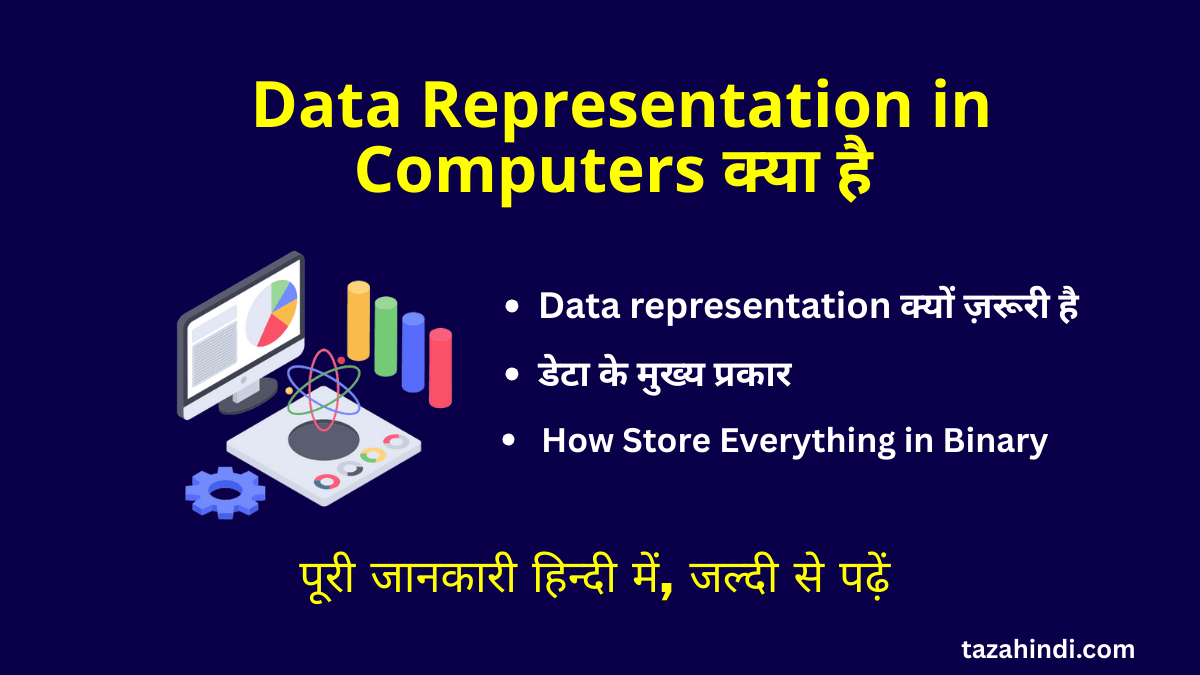Impact of Computers on Society: Computers have become an essential component of modern life, permeating nearly every aspect of society, including healthcare, education, communication, entertainment, and business. The advent of computers has brought about a substantial transformation in the way people interact with each other and the world. In this article, we will analyze the advantages and disadvantages of computers on society, providing a balanced perspective on their impact.
Brief History of Computers
The history of computers begins with the development of the first mechanical devices designed to perform calculations. These devices, such as the abacus and the slide rule, were used for centuries to assist in tasks such as accounting and navigation.
The invention of the first programmable computer is often attributed to Charles Babbage, who designed the Analytical Engine in the mid-19th century. Although it was never built, his ideas laid the foundation for modern computing.
In the early 20th century, several early computing machines were developed, including the Harvard Mark I, which was used to calculate artillery firing tables during World War II.
The development of electronic computers began in the 1940s, with the invention of the first electronic computer, ENIAC, at the University of Pennsylvania. ENIAC was a massive machine that used vacuum tubes and could perform complex calculations at a speed that was previously impossible.
In the following decades, electronic computers continued to evolve, becoming smaller, faster, and more powerful. The invention of the microprocessor in the 1970s made it possible to build computers that were small enough to fit on a desktop, leading to the widespread use of personal computers in homes and offices.
The advent of the internet in the 1990s revolutionized the way people use computers, enabling instant communication and the sharing of information on a global scale. Today, computers are an essential part of modern life, used for everything from communication and entertainment to scientific research and space exploration.
Pros of Computers on Society
Computers have had a profound impact on society, and their widespread use has brought many benefits. Some of the main advantages of computers on society include:
Increased Productivity
Computers have made it easier for businesses to increase their productivity. They allow employees to work remotely, which can lead to more flexible work schedules and better work-life balance. Computers have also made it possible to automate tasks that were once done manually, freeing up time for employees to focus on other tasks. With the help of computers, businesses can also analyze large amounts of data, leading to better decision-making and increased efficiency.
Improved Communication
Computers have revolutionized the way we communicate. We can now send messages and connect with people all over the world in real-time. Social media platforms like Facebook and Twitter have made it easier for people to stay in touch with each other, share information, and connect with like-minded individuals. Communication apps like Skype and Zoom have also made it possible for people to have face-to-face conversations, regardless of their physical location.
Access to Information
The internet has made it possible for people to access information on nearly any topic. This has revolutionized education, making it easier for students to learn and for teachers to provide resources. People can now take online courses, access academic papers and research, and learn from experts all over the world. This has also led to the democratization of knowledge, making it easier for people to educate themselves and improve their lives.
Advancements in Healthcare
Computers have led to significant advancements in healthcare. Electronic medical records (EMRs) have made it easier for doctors to access patient information, leading to better patient care. Computers are also used to monitor patients’ vital signs and can alert healthcare providers if there are any changes that require attention. Additionally, computers are used in medical research, leading to better treatments and cures for diseases.
Convenience in Daily Life
Computers have made our lives more convenient. We can now shop online, pay bills, and book travel arrangements from the comfort of our homes. We can also access entertainment options like movies, TV shows, and video games from anywhere with an internet connection. Computers have also made it possible to automate tasks like housework and cooking, making our lives easier and freeing up time for other activities.
Read Also: What is GPT-4 and why OpenAI announces it will successor of ChatGPT
Cons of Computers on Society
While computers have brought many benefits to society, there are also some downsides to their widespread use. Here are some of the cons of computers on society:
Addiction and Isolation
One of the biggest drawbacks of computers is the potential for addiction and isolation. People can become addicted to social media, video games, and other online activities, leading to a sedentary lifestyle and a lack of social interaction. This can have negative effects on mental health, leading to depression, anxiety, and other issues.
Cyber security Threats
Computers are also vulnerable to cyber security threats like hacking, viruses, and malware. These threats can compromise sensitive data and lead to identity theft, financial loss, and other problems. Cyber security is an ongoing challenge, and it is essential for individuals and organizations to take steps to protect their data and systems.
Job Displacement
Computers have led to automation and increased efficiency in many industries, leading to job displacement. As more tasks become automated, some jobs may become obsolete and workers may need to acquire new skills to stay relevant in the workforce. While computers have led to the creation of new jobs, the transition can be challenging for those who are affected by job loss.
Negative Environmental Impact
Computers and other electronics have a negative environmental impact. The production of computers and their components requires the use of natural resources and energy. Additionally, computers and electronics contribute to the growing problem of electronic waste, which can be harmful to the environment if not disposed of properly. Recycling and proper disposal of electronic waste are essential to mitigate the negative environmental impact.
Dependence on Technology
As we become more reliant on computers and technology, there is a risk of losing basic skills like critical thinking, problem-solving, and communication. In addition, dependence on technology can lead to a lack of creativity and innovation, as people rely on technology to solve problems instead of thinking outside the box.
Health effects
The prolonged use of computers can lead to a range of health problems, including eye strain, back pain, and carpal tunnel syndrome.
Read Also: All about Paramparagat Krishi Vikas
Conclusion
The impact of computers on society has been significant, with both positive and negative effects. They have revolutionized communication, boosted productivity, and facilitated access to information that was previously hard to come by. However, there are also downsides to computers, including addiction and isolation, cyber security threats, job displacement, negative environmental consequences, and reliance on technology.
As we move forward, it is crucial to find ways to mitigate the negative impacts of computers while maximizing their positive potential. This involves promoting responsible use of technology, investing in cyber security, and ensuring that workers are equipped with the necessary skills to adapt to a rapidly evolving job market.
Ultimately, computers are merely a tool, and their impact on society depends on how they are used. It is incumbent upon us as a society to leverage their potential and ensure that they are deployed in ways that benefit everyone.
Read Related Articles:
- Windows 10 Built-in Utility Programs and Their Functions
- Programming and Mental Health: Examining the Connection
- How to Format a Computer and Install Windows
FAQs on impact of Computers
-
What is the role of computers in society ?
Computers play a vital role in modern society, with applications in areas such as communication, entertainment, healthcare, education, business, and more. They have made many tasks easier, faster, and more efficient, and have become an integral part of everyday life for millions of people around the world.
-
How society uses computers in education ?
Computers are used extensively in education, from primary school to university level. They are used for research, communication, collaboration, and online learning platforms. They also enable students to access vast amounts of information, enhance their problem-solving skills, and develop digital literacy.
-
Importance of computer in society
Computers have become essential tools for many aspects of society, from business to education to healthcare. They have revolutionized the way we work, learn, communicate, and entertain ourselves. The ability to use computers and technology has become a necessary skill for many jobs and daily tasks.
-
10 uses of computer in the society
There are countless uses of computers in society, but here are ten common examples:
1. Communication
2. Education
3. Entertainment
4. Research
5. Business and finance
6. Healthcare
7. Transportation
8. Security and surveillance
9. Scientific research and modeling
10. Agriculture and farming



